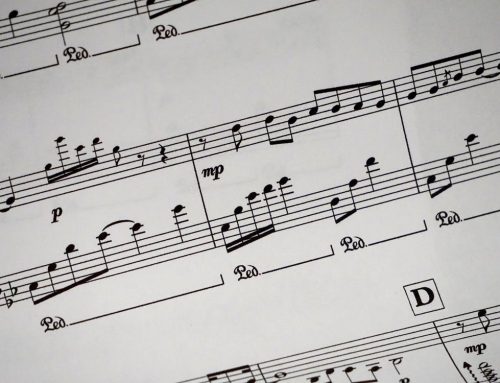There are many successful self-taught artists and musicians out there. Though this is all well and good— the idea that any formal musical training, especially when done on a university level is a waste of time and money—is absurd.
Many young musicians wishing to formally pursue music in university have trouble convincing their high–functioning-highly-successful-parents that a music degree is in fact worth investing in.
How does it work?
Sure there are many musicians today who studied music as well as those that didn’t! That being said, the number of highly paid graduates who majored in sound and music or studies closely pertaining to is immense.
Look at it like a Degree
The members of the popular cult band Phish (which was formed initially as a tribute to the Grateful Dead) were majoring in chemical engineering before they spun off into music!
The object of a degree is to equip you with a comprehensive set of skills, usually relating to the core area of study. What you do with those skills and the information you gain is on you and no one else!
Another thing degrees do is give you access to jobs that require the skill set you are certified with. Bearing this in mind, there is a whole lot you can do professionally with a formal degree in music!
Really? Like What?
For the sake of clarity, were going to split this section into jobs that tie in with your degree in music directly and those which draw on the skills you have gained.

Jobs that Relate Directly to a Music Degree
We’re not going to waste time on the obvious job choice with such a degree; performing and composing as a professional musician! Though this is fulfilling, fun and at times very highly paid, it is a no brainer. The ones you (or your folks) might not have known about include:
Teaching
With a music degree you can teach music professionally. This can be done at a school or institute and can even be done privately. Depending on where you work and how you organize your time, this could prove to be quite lucrative! If you are accomplished enough, you might even get to teach a university music class which is utterly cool!
Sound/Music Therapy
This beautiful branch of therapy incorporates therapeutic goals such as healing, processing of experiences and addressing any socio-emotional challenges. The difference is that communication is done through music. A sound therapist does not need to teach music; rather they need to take a musical journey of sorts with their clients. A beautiful job to have that can also pay well!
Sound Engineering
Everyone needs sound engineers. Filmmakers, T.V. channels, radio stations and even professional musicians to name a few all depend on the backing of skilled sound engineers. A sound engineer deals with recording, mixing, rubbing and other music production processes. Sound engineers are highly paid and those well reputed can even freelance do pretty well!
Jobs That Will Tap into Skills you Acquire
If those core potential professions weren’t enough, the following jobs are also open to those with degrees in music:
- Broadcast Engineering
- Arts Administration
- Community Arts Work
- Event Management
- PPC Specialist
- Broadcast Work
- Production Work
- Theatre and Stage Management
Though these are not all the things you could do, these are the ones that stand out!
It’s Just a Degree!
We do not live in a version of Aldous Huxley’s brave new world. Not yet at least! Specializing in a certain subject will not damn you to work in that field for eternity. There is nothing out there that says you cannot study music and then proceed to do whatever it is that you fancy!
Winding Down
While you’re gearing up to transition into a full-blown life of music our music notation software online should help you along the way and keep you occupied. We’re talking about easy to use music composing and editing features to name a few!
Regardless of whether you decide to formally pursue music or not, stay informed, stay up to date and stay in practice with our music notation software, and our blog!






